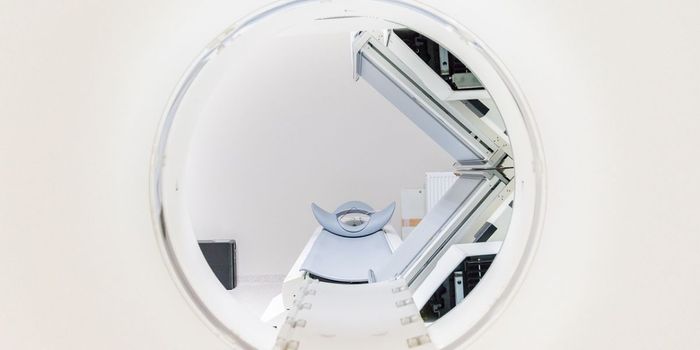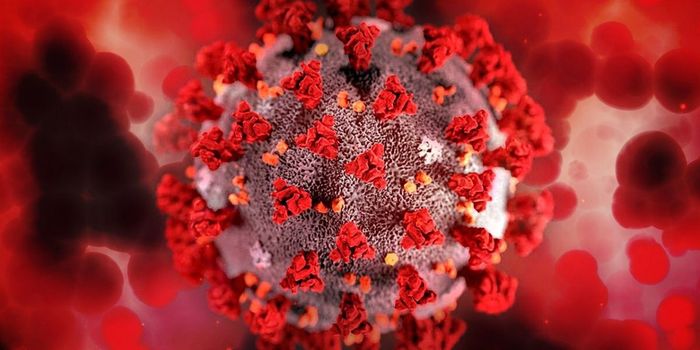Being Fair is for Our Own Good
 Do you think you're fair with others because you're just a nice guy or girl? Don't kid yourself. You're fair because it's in your best interest. That's how we evolved. Although being willing to make sacrifices in order to be fair is something that separates humans from animals, scientists turned to monkeys to learn this.
Do you think you're fair with others because you're just a nice guy or girl? Don't kid yourself. You're fair because it's in your best interest. That's how we evolved. Although being willing to make sacrifices in order to be fair is something that separates humans from animals, scientists turned to monkeys to learn this.
Sarah F. Brosnan of Georgia State's Department of Psychology and Philosophy and Neuroscience Institute and Language Research Center along with Frans B.M. de Waal of the Yerkes National Primate Center and the Emory University Psychology Department reviewed their previous research on how primates respond to inequity as well as the research of others to understand the sense of fairness that exists among humans. Their results were published recently in Science. They hypothesized that fairness evolved in humans and therefore elements of it can be seen in other species.
In a 2003 study, "Monkeys Reject Unequal Pay," Brosnan and de Waal found that brown capuchin monkeys became upset and refused to perform a task after another monkey received a better reward for doing the same task, indicating that they had a sense of equality. This was the first study of fairness in non-human species. Since then Brosnan as looked at responses to inequity in nine different species of primates, including humans. She found that species only respond to inequity when they routinely cooperate with others that aren't related to them.
In the study the authors write, "Humans and other species seem to share basic reactions to inequity, which serve the need for sustained cooperation (Table 2). Human's unprecedented brain enlargement allows for greater understanding of the benefits of self-control in the context of resource division. Additionally, the development of language enabled communication about third parties, which may have enhanced the role of reputation building. Despite these differences, many of the basic emotional reactions and calculations underlying our sense of fairness seem rooted in our primate background."
The researchers conclude that a sense of inequality is the first step needed before a species can learn to routinely cooperate and fairly share resources which benefits the species as a whole. But responding to getting less, as the monkeys in the 2003 study is only one aspect of fairness. For a true sense of fairness individuals should also be able respond to getting more than their fair share by giving up a benefit to result in long-term, cooperative relationships.
Brosnan said, "Giving up an outcome that benefits you in order to gain long-term benefits from the relationship requires not only an ability to think about the future, but also the self-control to turn down a reward. These both require a lot of cognitive control. Therefore, we hypothesize that lots of species respond negatively to getting less than a partner, which is the first step in the evolution of fairness, but only a few species are able to make the leap to this second step, which leads to a true sense of fairness."
Only humans and our closest relatives the apes do this type of sacrificing, but mainly for their own good. "We don't think animals or humans are necessarily interested in fairness per se. They are interested in keeping good relations, which is why they pay attention to reward division," says de Waal.








